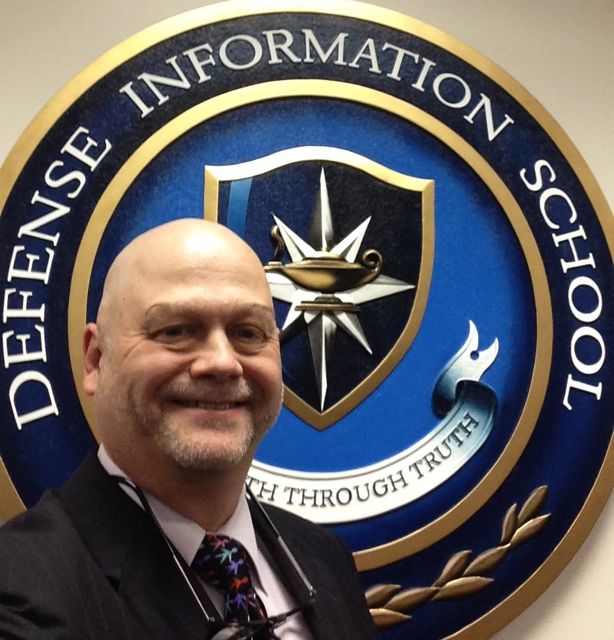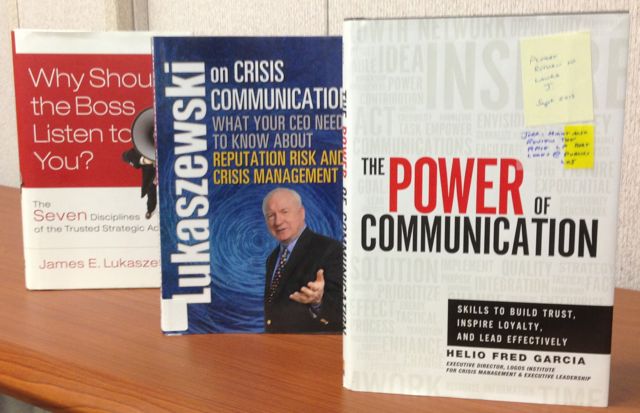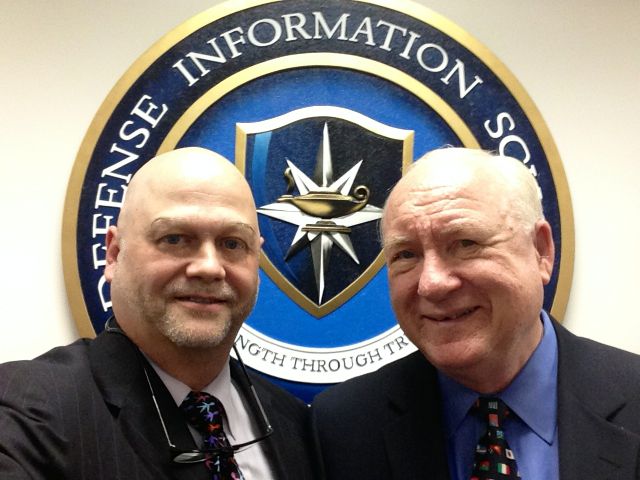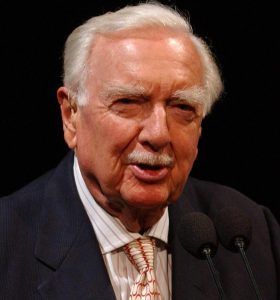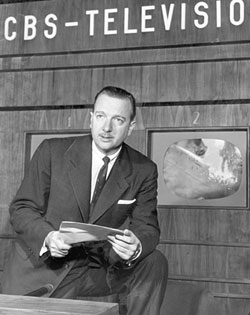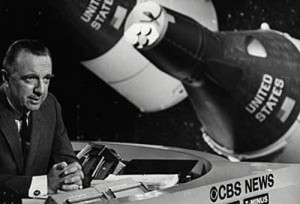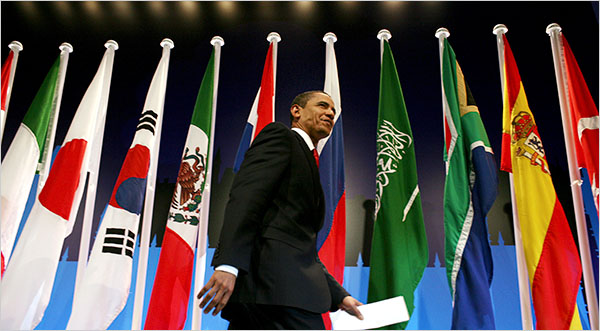About two years ago, just before the publication of The Power of Communication: Skills to Build Trust, Inspire Loyalty, and Lead Effectively, I began teaching as a guest speaker in the Public Affairs Leadership Department at US Defense Information School (DINFOS) at Fort George G. Meade, Maryland. I am usually the first speaker on the first day of a weeks-long Joint Senior Public Affairs Officer Course, Joint Senior Non-Commissioned Public Affairs Officer Course, and occasionally also the Joint Intermediate Public Affairs Officer Course. I teach five to six times a year, and I’m honored that both The Power of Communication and my US Marine Corps Gazette Schulze Essay are required readings.
Each course is different based on the rank of the students, but my role is the same: on Day One, even before they get formal instruction from senior military and national security officials, to help students understand decision criteria and how to push back on senior officers or civilian leaders who might be making questionable decisions. My session, Ethical Decision-Making for Public Affairs Officers, works them through decision criteria for maintaining trust and confidence, complete with case studies, and closes with the Abu Ghraib case study. In each of the sessions I have come away impressed with the students’ sophistication, aptitude, and integrity. And also at the frustration they sometimes feel when they can see things about to go awry but are unable to intervene.

Helio Fred Garcia teaching Ethical Decision-Making for Public Affairs Officers at DINFOS, April 28, 2014
Meeting My Mentor
On my last visit, by sheer coincidence, DINFOS was hosting a VIP guest: my dear friend and mentor, the crisis guru Jim Lukaszewski. No single practitioner has had a more meaningful impact on my work than Jim. He became my mentor more that 25 years ago. We have worked together, taught together, published together, and I have been much the better for all of it. It was Jim who initially got me involved with the Marines 24 years ago. And Jim who first encouraged me to publish, 26 years ago. And when I decided to start my own firm 12 years ago, Jim very generously helped me understand how to do it with a minimum of mistakes. He has encouraged me and challenged me and helped me for more than a quarter century.
Double Whammy
So although we happened to be at DINFOS on the same day by chance, and completely unrelated to my class, we decided to make the best of it. I invited Jim to speak to my students during my session.
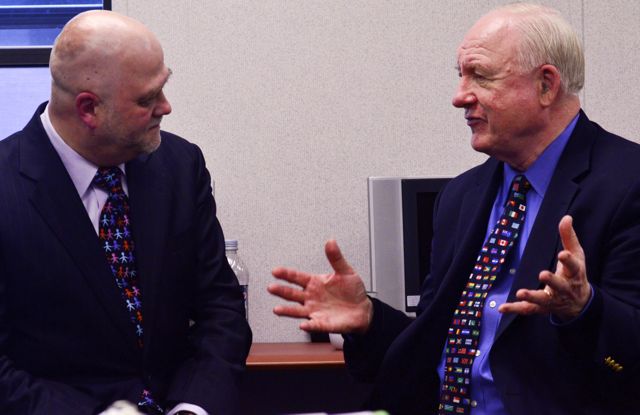
Helio Fred Garcia with Crisis Guru Jim Lukaszewski at the Joint Senior Public Affairs Officer Course at DINFOS April 28, 2014
Jim helped the students better understand the ways their bosses make choices and how to influence those choices. And I was able throughout my remarks to point to where I had gotten those ideas in the first place — the other fellow in civilian clothes in the classroom.
And I was delighted to see that DINFOS also assigned two of Jim’s books, which I also teach in my NYU courses and recommend to clients: Why Should The Boss Listen to You: Seven Disciplines of Trusted Strategic Advisor, and Lukaszewski on Crisis Communication: What Your CEO Needs to Know About Reputation Risk and Crisis Management. I am gratified that my students have the chance to read Lukaszewski (the Three-Minute Drill from Why Should the Boss Listen to You is worth the price of admission!).
Paying it Forward
I have been extremely fortunate — I sometimes think blessed — that in the course of my career people have gone out of their way to help me.
This began during my first year in PR at Edelman when Jody Quinn and Mel Ehrlich each took this awkward classics geek under their wing and taught me to be a business communicator and consultant. And six years later when Jim took me on. And there have been countless other teachers (Fraser Seitel taught me speechwriting in 1983!), bosses, and colleagues who have taken me aside and made me a better professional. None of us is an island. It really does take a village.
And I take joy in paying it forward to the next generation — whether in my own firm, with my clients, with my students at NYU and other institutions.
But usually when a boss, colleague, or mentor is done, we rarely see them again. So it was a particular joy to find myself serendipidously working again with Jim, at DINFOS.
My students were certainly the better for it. And it serves as a good reminder that our success is not ours alone: However far we see it is because we stand on the shoulders of others. And that every teacher is simultaneously also a student…
Thanks, Jim…


